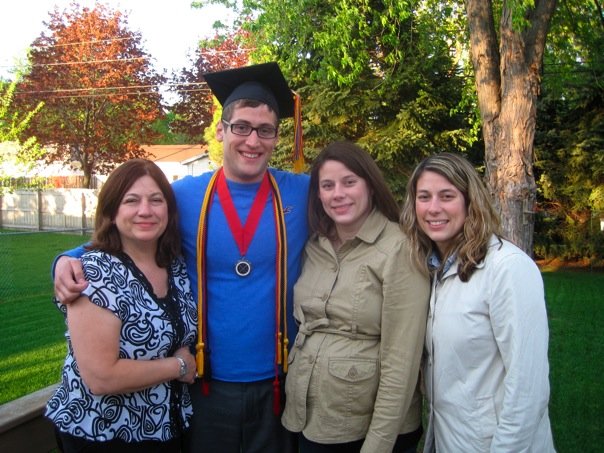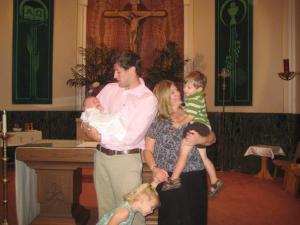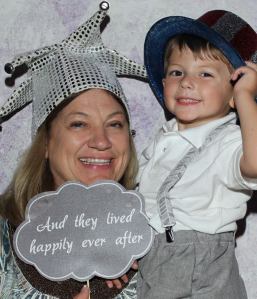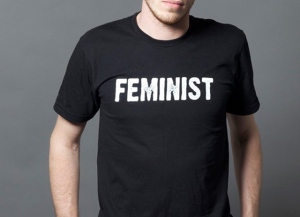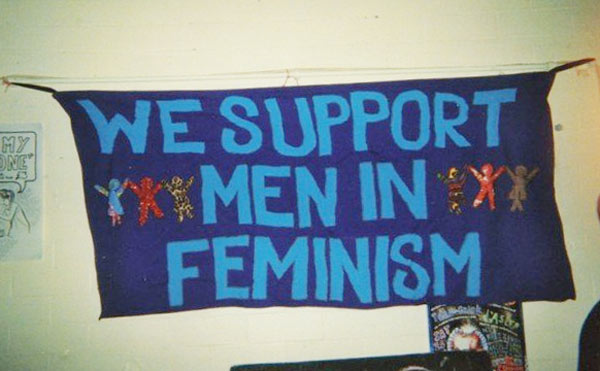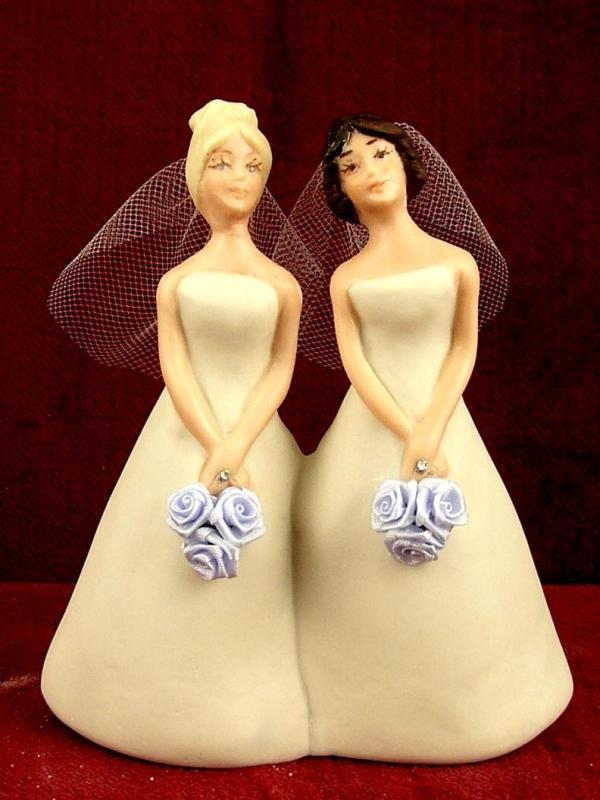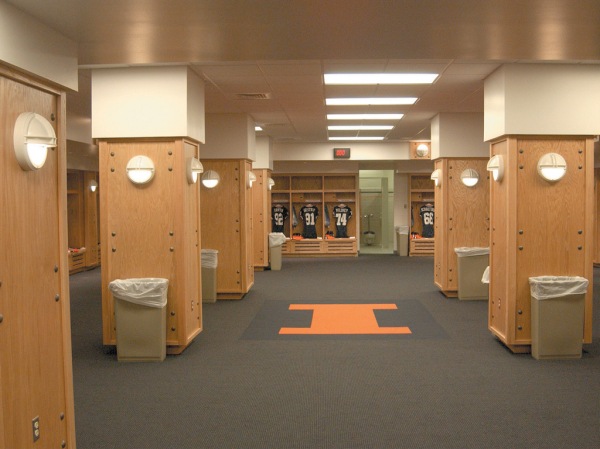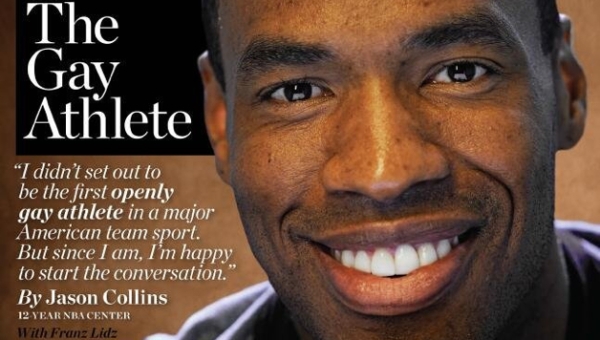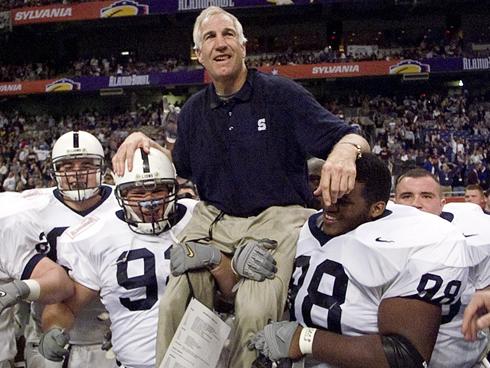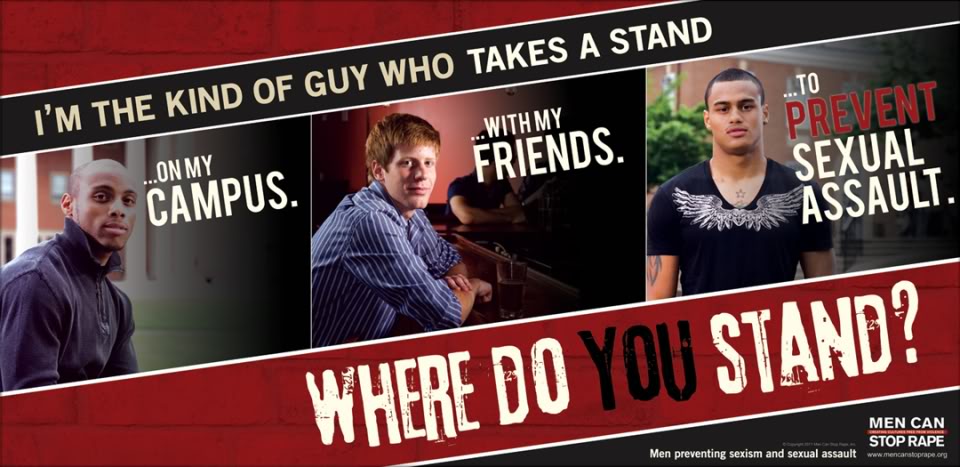This post is dedicated to my fearless friend Michelle - an individual who stands up for what she believes in and those she loves no matter what. Special thanks to Feminism and Religion for always being a space where my voice and the voices of others are welcome!
__________________________________________________
A line has been drawn in the sand
between those who support gay rights and those who do not. While some
call it being on the “right side of history,” I simply now refer to it as not
sounding and looking like a bigot in the halls of history and in the various
books, Facebook posts, and Tweets that our children will one day read.
I’ve spent a lot of my activist life
attempting to educate or save for lack of a better term,
 “It seems like,
to me, a vagina – as a man –would be more desirable than a man’s anus.
That’s just me. I’m just thinking: There’s more there! She’s got
more to offer…But hey, sin: It’s not logical, my man. It’s just not
logical…Start with homosexual behavior and just morph out from there.
Bestiality, sleeping around with this woman and that woman and that woman and
those men.”
“It seems like,
to me, a vagina – as a man –would be more desirable than a man’s anus.
That’s just me. I’m just thinking: There’s more there! She’s got
more to offer…But hey, sin: It’s not logical, my man. It’s just not
logical…Start with homosexual behavior and just morph out from there.
Bestiality, sleeping around with this woman and that woman and that woman and
those men.”(Note: The rainbow colors were added by me)
While this may seem like a run of the
mill statement coming from someone with this man’s views and beliefs, his
statement has created quite the controversy as he has been placed on permanent
suspension from the show, his family refuses to film without him (something
that is economically harmful to A&E since the show has broken many
broadcast ratings records pertaining to reality shows and is a proverbial cash
cow for the network and their investors) and, the craziest point of all, the
people defending him are stating that his statement isn’t homophobic but rather
an expression of his deeply held religious beliefs.
While I would usually just brush off
the man’s statements as the actions of another delusional homophobe, I can no
longer sit idly by when statements like his not only influence my personal life
but also the way in which my human rights are restricted by a man who
influences millions of people who tune into watch him on a weekly basis and buy
his family’s countless products.
 Does being against gay people make
you a homophobe? Yes. Does being against gay marriage make someone
anti-gay? Yes. It is that simple. We live in a country and exist in
an academy where we can’t make value statements against those individuals
standing on the wrong side of history and totally taking advantage and
profiting from the homophobia they produce and I have a problem with that.
Does being against gay people make
you a homophobe? Yes. Does being against gay marriage make someone
anti-gay? Yes. It is that simple. We live in a country and exist in
an academy where we can’t make value statements against those individuals
standing on the wrong side of history and totally taking advantage and
profiting from the homophobia they produce and I have a problem with that.
People are forming a metaphorical
human shield around Robertson and the rest of his Duck Dynasty clan
and I’m here to say that those individuals, defending him and toting the
declaration that homosexuality is a sin are on the wrong side of history and
people will not forget who stood on what side of that proverbial line in the
sand when this is all over.
I no longer feel the need to save
people who feel the same way as Robertson. I no longer feel the need to
educate them about how I am just like them but I just happen to like
boys. I no longer feel the need to explain, over and over again, that
although Pope Francis stated: “If someone is gay and seeks the Lord with good will, who am
I to judge?” it doesn’t make the Catholic church or any other
similar fundamentalist or conservative faith-based tradition any less
homophobic than they have been or erase the violent and hateful history to
those groups who didn't fit their definition of normal.
Is Pope Francis’ statement
groundbreaking? Yes. Has Pope Francis, being the leader of the
Catholic church and major social, political, and cultural influencer changed
any type of church dogma pertaining to homosexuality? No – and that’s the
problem. People and groups in power need to create the change that we all
need to see in the world and until they and their cohorts are willing to do
that, I will not sit idly by and feel bad for calling someone or something a
homophobe and leaving it at that. The time has come for activists from
all walks of life, who no longer are willing to sit by and watch as their
rights are taken away from them, to take up the reins and finish the hard work
that our brother and sisters and not only fought but also died for.
 Lately, this problem has become all
too personal. From Facebook status’ that declare Robertson and his clan
have the right to say whatever they want because the Bible told them so, to
individuals who are openly upset (as they should be) about his statements, I know
now that we no longer can live in a society where people can walk the line of
the homosexuality argument, examine both sides, and come to the conclusion that
it is wrong based on scripture – when you’re against homosexuality and you base
your reasoning on your faith that God condemns it or that
you’re simply following the teaching of Jesus, you’re wrong.
Jesus never said anything about homosexuality and Jesus, a man who hung out
with the poor and downtrodden, wouldn’t be hanging out with Robertson and his
homophobic brood who openly preach hate. Jesus loved sinners and Jesus
would rather be dancing with me in West Hollywood on a Friday night than
lugging through a swamp luring ducks into a trap with a duck caller made by a
clan who think that my sexual actions are similar to that of an individual
having sex with an animal.
Lately, this problem has become all
too personal. From Facebook status’ that declare Robertson and his clan
have the right to say whatever they want because the Bible told them so, to
individuals who are openly upset (as they should be) about his statements, I know
now that we no longer can live in a society where people can walk the line of
the homosexuality argument, examine both sides, and come to the conclusion that
it is wrong based on scripture – when you’re against homosexuality and you base
your reasoning on your faith that God condemns it or that
you’re simply following the teaching of Jesus, you’re wrong.
Jesus never said anything about homosexuality and Jesus, a man who hung out
with the poor and downtrodden, wouldn’t be hanging out with Robertson and his
homophobic brood who openly preach hate. Jesus loved sinners and Jesus
would rather be dancing with me in West Hollywood on a Friday night than
lugging through a swamp luring ducks into a trap with a duck caller made by a
clan who think that my sexual actions are similar to that of an individual
having sex with an animal.
Call me simplistic or call me a
reductionist, but whether or not you call someone a faggot to their face or
behind their back doesn't make
you any less homophobic. Using hegemonic biblical texts that no
longer define or reflect the views of many individuals from all walks of life
fighting for gay and lesbian rights and emphasizing the correct usage of
genitalia that deduce a minority class of citizens down to nothing more than
whom they decide to love is homophobia plain and simple.
Just like radical feminists in the
1970s who no longer stood by as patriarchal forces took away their personal,
political, bodily, and social autonomy to the ways that African American
refused to be silent about how they had (and have continued to be treated) by
racists, homosexual, lesbian, bisexual, transgender, queer, intersex, and
asexual men and women can no longer remain still in the face of targeted
hateful attacks upon our communities. Until religion, politics, and society
treat LGBTQIA people as equals no one is safe and until people are held
accountable, both publicly and privately, for their actions and statements,
this world will never change.
I recently tweeted that: “If it walks
like a duck and quacks like a duck, it’s most likely a duck; and in this case,
its most likely a family full of homophobes hiding behind a statement that lies
near the condemnation of shellfish.” I stand behind this statement and I
stand behind the millions of LGBTQIA people who know more about G-d’s love than
a man and family who claim to be deeply religious.
 Although I find it difficult to
understand at times, I respect the position of those individuals and groups
that frequently contribute to this blog who choose to remain in these types of
traditions and fix the various problems equal rights activists must overcome
from the inside. I am clearly not from this camp and although I claim no
religious identity, I do respect their call to action to make a difference in
many of the conservative religious and faith-based communities I may and may
not have mentioned above. From the fight for women’s rights to the
inclusion of LGBTQIA people in religious communities, the fight for equality,
in my opinion, needs a flare of the radical. Historically, I would call
this the Alice Paul vs. Carrie Chapman Catt debacle – while some individuals
choose to cozy up to those individuals in power and work for change from the
inside out there are those who will literally starve themselves to death just
for the ability to taste freedom. Both are valid and worthy of respect
but what one, at the end of the day, will achieve the equality we all so crave?
Although I find it difficult to
understand at times, I respect the position of those individuals and groups
that frequently contribute to this blog who choose to remain in these types of
traditions and fix the various problems equal rights activists must overcome
from the inside. I am clearly not from this camp and although I claim no
religious identity, I do respect their call to action to make a difference in
many of the conservative religious and faith-based communities I may and may
not have mentioned above. From the fight for women’s rights to the
inclusion of LGBTQIA people in religious communities, the fight for equality,
in my opinion, needs a flare of the radical. Historically, I would call
this the Alice Paul vs. Carrie Chapman Catt debacle – while some individuals
choose to cozy up to those individuals in power and work for change from the
inside out there are those who will literally starve themselves to death just
for the ability to taste freedom. Both are valid and worthy of respect
but what one, at the end of the day, will achieve the equality we all so crave? If the Duck Dynasty debacle has taught us anything, it isn’t that we live in a country where people like Phil Robertson (and many others) have the ability to say whatever they want by hiding behind the Bible but rather the fact that there are millions of people who only wish to have the same inalienable rights as he does and solely takes for granted. To be able to walk down the street holding the hand of the one you love is a great feeling and an action that some of us aren't able to perform without fear.

